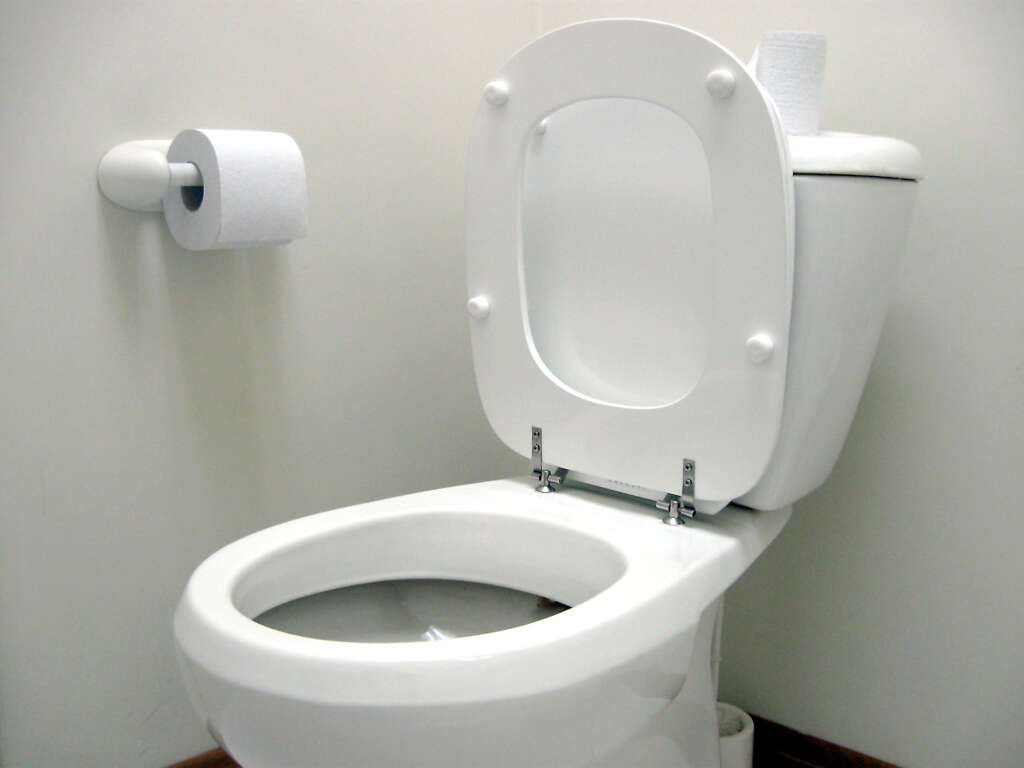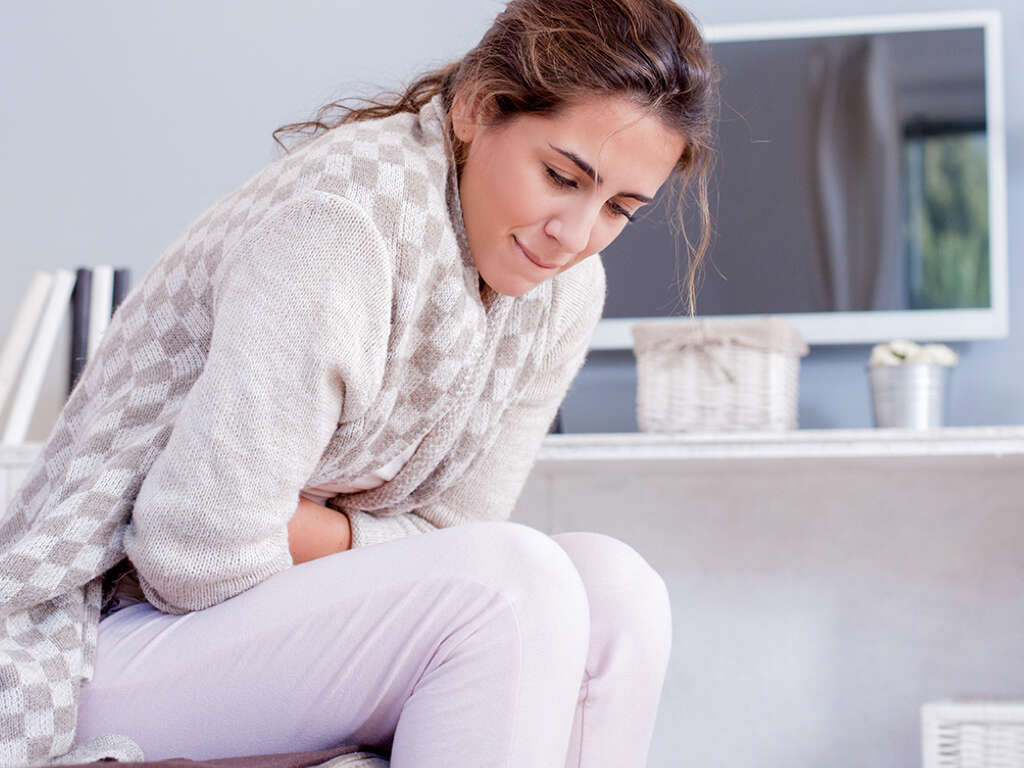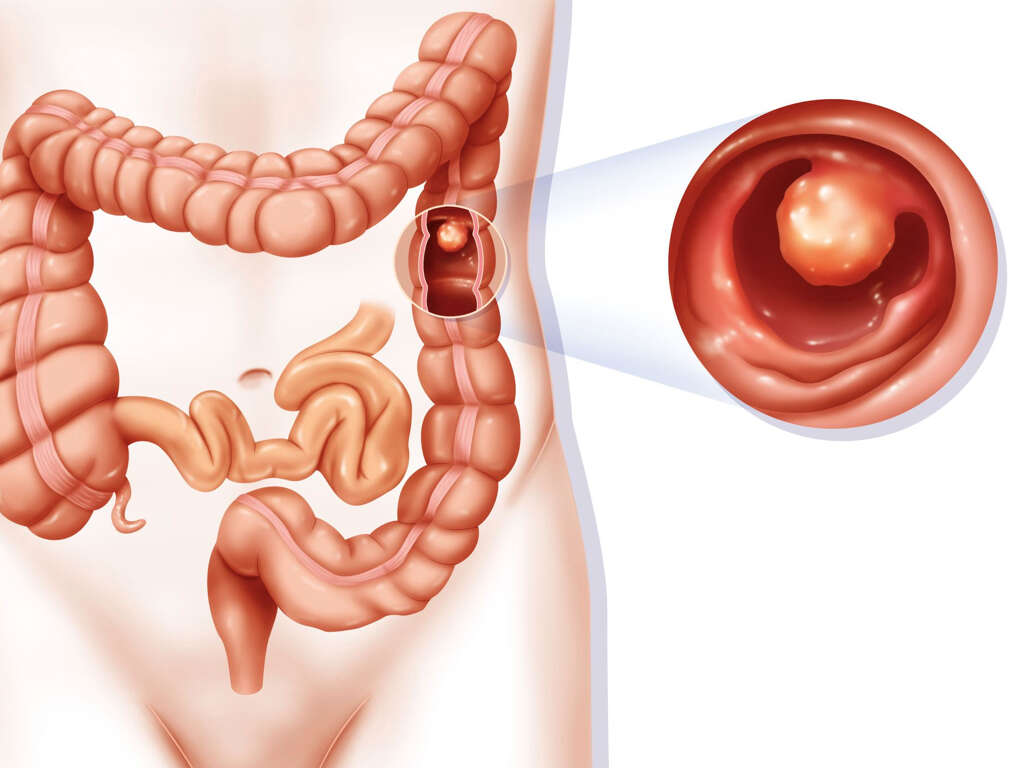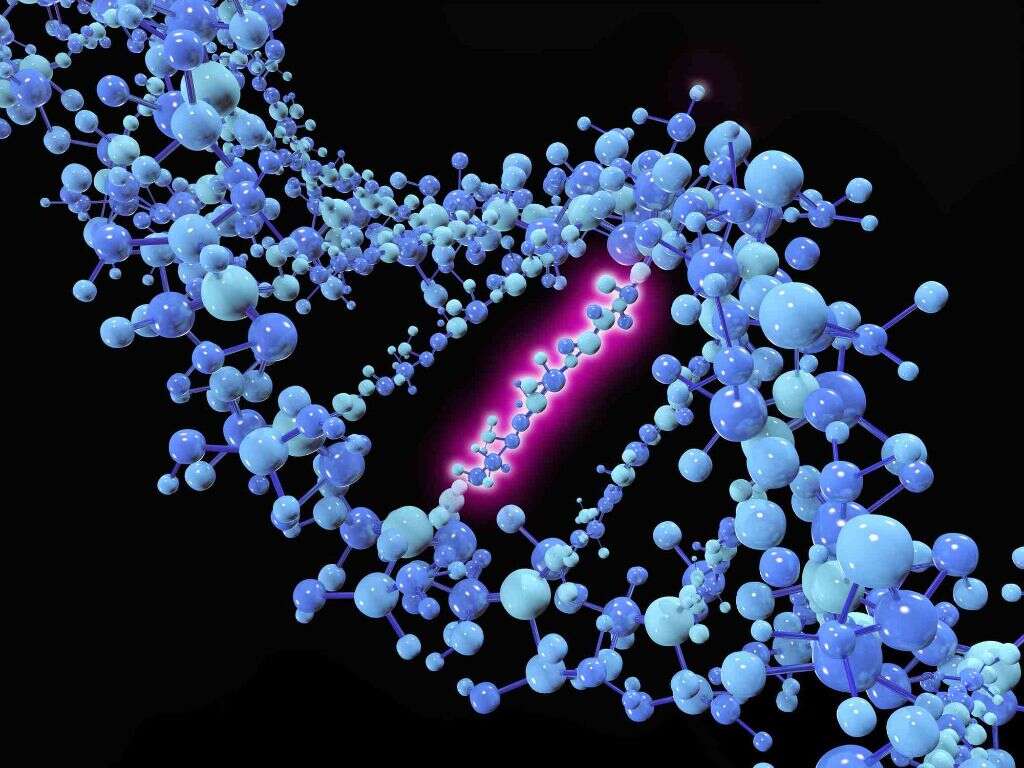10 Colitis Symptoms
Colitis is an inflammation of the colon (the large intestine). This inflammation of the inner lining of the colon can be caused by infections (Salmonella, Shigella, E. coli, Yersinia, etc.), loss of blood supply, chronic diseases, allergic reactions, inflammatory bowel diseases, like ulcerative colitis or Crohn’s disease, etc.
People suffering from colitis may find that eating certain foods makes their symptoms worse. This fact is very important for patients suffering from allergic colitis. If you are suffering from colitis, you should seek medical attention for a proper diagnosis.
Symptom #1: Abdominal Cramps
Abdominal cramps in colitis are a common symptom. These cramps are mainly caused by the inflammatory process developing in the inner lining of the colon. The greater the inflammation in the colon, the more severe the abdominal cramps and abdominal pain will be.
Abdominal cramps in colitis are often described as a sensation of squeezing and releasing in the abdomen, accompanied by other symptoms as well, such as bloating, indigestion, a stabbing pain and tenderness on the left side of the abdomen, a sensation of pressure, etc. Certain types of food, insufficient control of colitis with medications and adverse reactions to medicine will make abdominal cramps worse. Usually, abdominal cramps are triggered by food which means that a person will experience these cramps after a meal.
Symptom #2: Abdominal Pain
Abdominal pain is one of the main symptoms of colitis, together with abdominal cramps and diarrhea. Depending upon the type of colitis and its cause, the pain can appear in different locations.
The pain is mostly felt on the left side of the abdomen and may range from mild to moderate. Just as with abdominal cramps, abdominal pain is usually more severe after having a meal.

Symptom #3: Bloating
Bloating affects everyone every now and then. It can be something quite painful and bothering sometimes. However, bloating due to colitis is a common symptom occurring almost on daily basis. Bloating, in this case, can be especially painful when the inflammation is active, as well as when eating certain types of food which produce excessive gas.
Keeping a food diary is a good way to track the foods that cause your symptoms to flare-up. You should ask a medical professional for a personalized diet to protect your colon and prevent further complications.
Symptom #4: Diarrhea
Due to the inflammation of the inner lining of the colon, the large intestines are emptied more frequently, leading to diarrhea. The severity of diarrhea and its frequency will greatly depend on the severity of inflammation of the colon. Urgent bowel movements are possible as well. Sometimes periods of diarrhea are altered with periods of constipation, even though constipation is more likely to occur if the inflammation affects the rectum.
In cases when the inflammation is severe, ulcerations of the inner lining of the colon occur. These colon ulcers will produce pus and even bleed, leading to bloody diarrhea eventually.

Symptom #5: Bloody Stools
Bloody stools are one of many colitis symptoms. As mentioned, bloody stools occur in cases when the inflammation of the colon is so severe, leading to the formation of ulcerations. These ulcers will eventually bleed, leading to bloody stools.
Stool - related symptoms are a common symptom in person’s suffering from colitis. Diarrhea is more common, even though constipation can occur as well. Often, an alternation of bloody diarrhea and constipation occur.
Symptom #6: Rectal Pain & Bleeding
Rectal pain is often a sharp pain felt in the rectum, sometimes like a stabbing pain or a cramp-like pain located around the anus. Rectal pain tends to get worse during a flare-up of colitis, as well as, worse while having a bowel movement, or in periods of constipation.
In cases when the rectum is affected, pain and even rectal bleeding can occur. Bleeding usually occurs in small to moderate amounts and the blood is bright red, often mixed with stool and mucus.
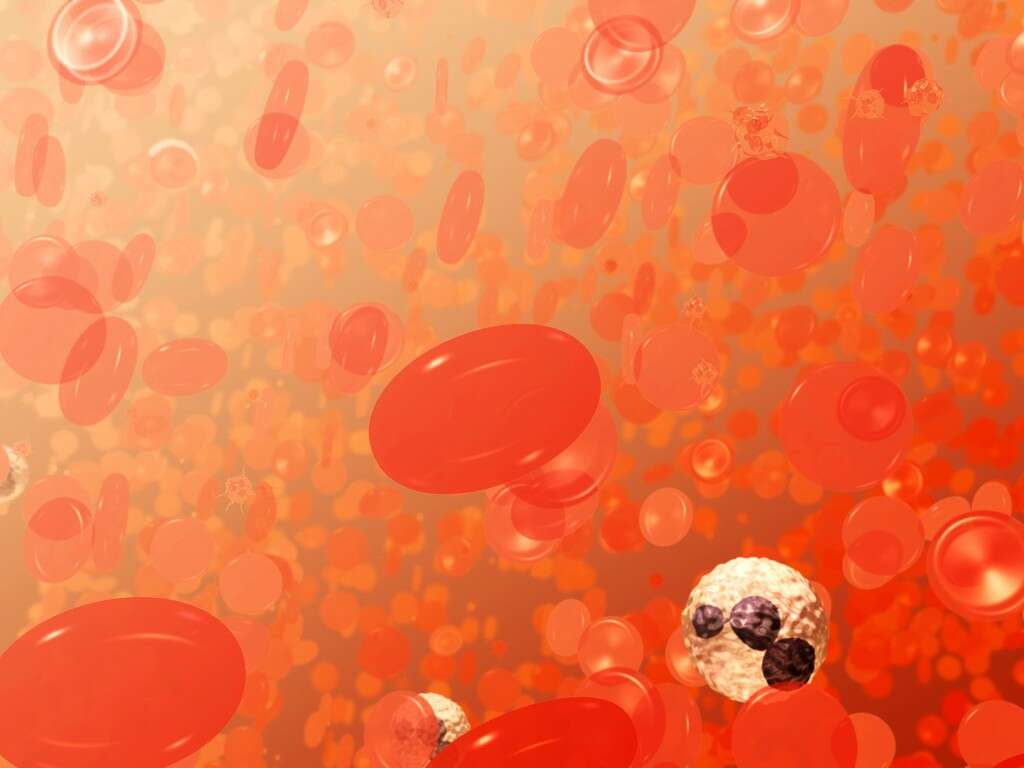
Symptom #7: Fatigue
Fatigue is a common problem in cases when a person suffers from colitis. It is a state of feeling weak and tired both mentally and physically. Fatigue can even interfere with your daily activities making it impossible for you to function normally.
For patients suffering from chronic conditions, the constant episodes of diarrhea can cause dehydration and malabsorption of some nutrients, leading to signs of fatigue.
Symptom #8: Fever
Any increased body temperature above 38 degrees Celsius is known as fever. Fever is a common symptom among those suffering from colitis, probably developing as part of the inflammatory process occurring in the inner lining of the colon.
This symptom is often related to patients with infectious colitis (E. Coli and Shigellosis) but it can happen in patients with Crohn Disease or Ulcerative Colitis during a flare-up as well
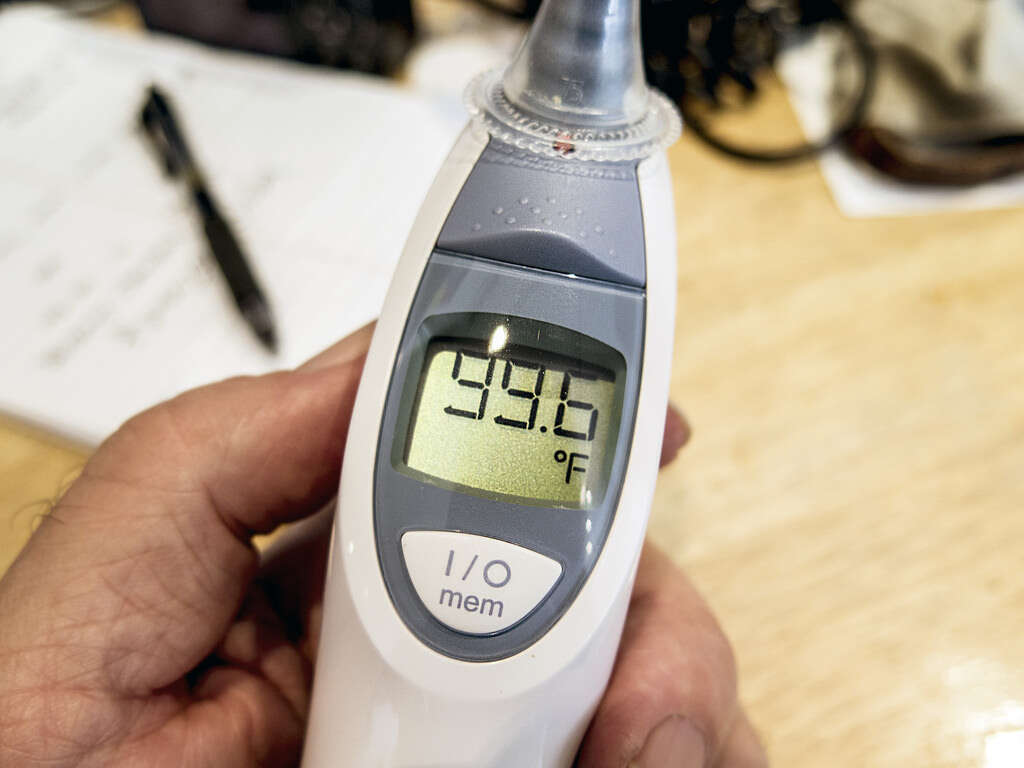
Symptom #9: Malnutrition
For patients suffering from chronic conditions, such as Crohn Disease or Ulcerative Colitis, the absorption of nutrients become a key factor to look closely at.
Because of the chronic episodes of diarrhea and inflammation, patients might end-up suffering from vitamin deficiencies and may have problems with nutrient absorption as well. This is especially important for patients with a history of colon surgery.
Symptom #10: Weight Loss
Patients suffering from colitis often lose weight due to many reasons. The constant episodes of diarrhea, loss of appetite and the intestinal inflammation preventing the absorption of vital nutrients, may cause a patient to lose weight over time.
For patients with Inflammatory Bowel Disease, this symptom can be used as a marker for disease control. With the right medication and medical follow-up, patients should retain a healthy weight.



